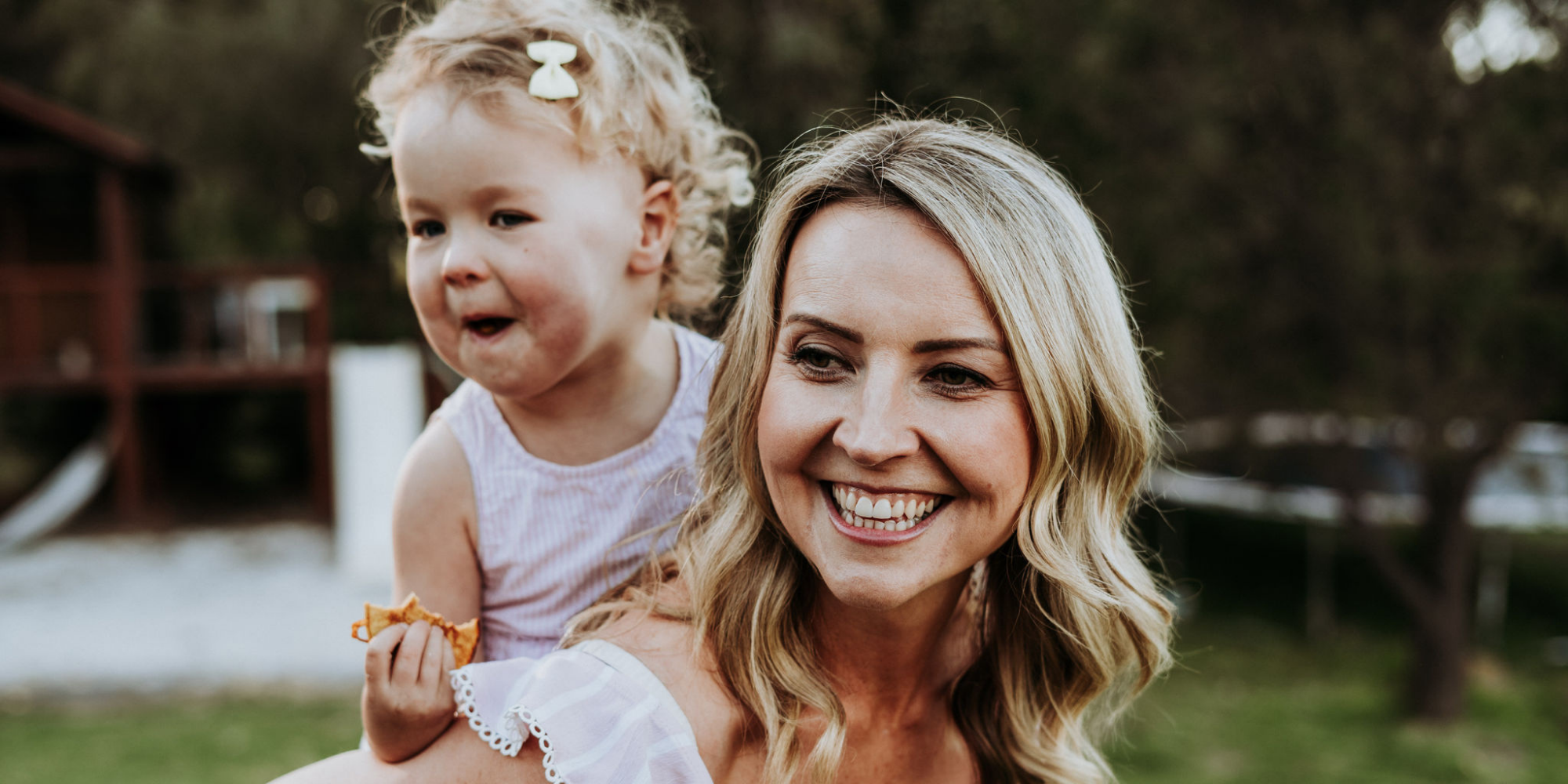Natural Ways to Help Your Child Sleep Better
Many parents have been relying on Melatonin to help kids sleep. However, the Australian Therapeutic Goods Administration now restricts Melatonin to prescription - only, warning that it's not recommended for children, especially long-term, due to potential side effects.
So what natural, safe strategies can help a child who struggles to sleep well?
Nourish the Nerves with Magnesium
Relaxation is key to falling asleep, but a highly strung nervous system can make sleep a nightly struggle. Magnesium helps calm the nervous system, and research shows that 50% of Australian adults are deficient, so kids are likely at risk, too.
Think of the nervous system like a highly evolved electrical wiring system. It sends signals to muscles and controls automatic functions like your heartbeat and digestion. Low magnesium creates nerves like worn-out wiring—jumpy and crackly. Adequate magnesium keeps this system strong, smooth, and is vital to feeling relaxed. Magnesium is also known to calm anxiety and ADHD.
Practical tips for kids:
• A flavoured powdered magnesium supplement about 30 minutes before bed.
• Magnesium-rich foods: pumpkin seeds, chia seed, leafy greens (kale, spinach), dried dates, dark chocolate, quinoa, avocado, salmon.
Healthy Fats = Healthy Nerves and Brain
Nerves are wrapped in a fatty layer called the myelin sheath, essential for signal transmission. Without enough healthy fats, nerves and the brain don't function optimally.
• The brain is ~65% saturated fat - it needs lots of healthy fats to work well.
• Omega-3 fats (EPA and DHA) are vital for learning, memory, attention, and mood regulation.
• Low omega-3 levels are linked to anxiety, ADHD, depression, and even neurodegenerative diseases like Alzheimer’s.
• Healthy fats also support production of serotonin, dopamine, and GABA, brain chemicals that regulate mood and sleep.
Practical tips for kids:
• Include fatty fish, nuts, seeds, avocado, olive oil, and other unsaturated fats in meals. Butter is 65-70% saturated fat just like the brain, so yes it's a health food for growing brains.
Sleep Herbs for Kids
Herbs that can gently support relaxation and sleep:
• Chamomile: high in GABA, promotes relaxation.
• Passionflower: calms an overactive “monkey mind.”
• Catmint: soothing and safe for children. You can grow it at home and make a nightly tea.
Simple Children's Sleep Tea:
• Chamomile
• Passionflower
• Catmint
These herbs are very safe but effective nervines that really help induce sleep. Brew singly or together as a calming bedtime children's sleep tea.
Work on the Sleep Routine
• Dinner timing: Aim to finish dinner by 6:30 pm so food can digest before getting into bed.
• Dim the lights after 7 pm: Darkness triggers natural melatonin release, helping the body know it's time for sleep. If there's too much light, it's harder to feel sleepy.
• Limit screens before bed: Blue light suppresses melatonin and stimulates the brain, making it harder to fall asleep.
By combining magnesium, healthy fats, calming herbs, and a consistent bedtime routine, you can naturally support your child's nervous system and help them fall asleep more easily and sleep more deeply.
Every child is unique, so the best results come from a plan tailored to their individual needs. Book a consultation with me today for personalised recommendations to help your little one sleep soundly and thrive.

